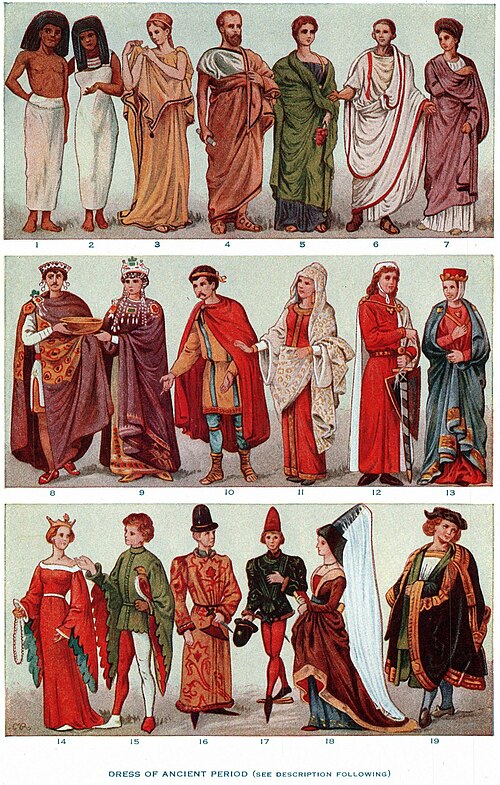Gownnoun
A loose, flowing upper garment.
Gownnoun
A woman's ordinary outer dress, such as a calico or silk gown.
Gownnoun
The official robe of certain professional men and scholars, such as university students and officers, barristers, judges, etc.
Gownnoun
The dress of civil officers, as opposed to military officers.
Gownnoun
(by metonymy) The university community.
Gownnoun
A loose wrapper worn by gentlemen within doors; a dressing gown.
Gownnoun
Any sort of dress or garb.
Gownnoun
The robe worn by a surgeon.
Gownverb
To dress in a gown, to don or garb with a gown.
Gownnoun
A loose, flowing upper garment
Gownnoun
A loose wrapper worn by gentlemen within doors; a dressing gown.
Gownnoun
Any sort of dress or garb.
Gownnoun
long, usually formal, woman's dress
Gownnoun
protective garment worn by surgeons during operations
Gownnoun
outerwear consisting of a long flowing garment used for official or ceremonial occasions
Gownverb
dress in a gown
Gownnoun
a long elegant dress worn on formal occasions
Gownnoun
a dressing gown.
Gownnoun
a protective garment worn in hospital, either by a staff member during surgery or by a patient.
Gownnoun
a loose cloak indicating one's profession or status, worn by a lawyer, teacher, academic, or university student.
Gownnoun
the members of a university as distinct from the permanent residents of the university town.
Gownverb
be dressed in a gown
Gownverb
put on a surgical gown
Gown
A gown, from the Saxon word, gunna, is a usually loose outer garment from knee- to full-length worn by men and women in Europe from the Early Middle Ages to the 17th century, and continuing today in certain professions; later, gown was applied to any full-length woman's garment consisting of a bodice and attached skirt. A long, loosely fitted gown called a Banyan was worn by men in the 18th century as an informal coat.
Gawnnoun
A small tub or lading vessel.
Gawnverb
(eye dialect) Eye dialect spelling of certain regional pronunciations of going.
Gawnnoun
A small tub or lading vessel.







